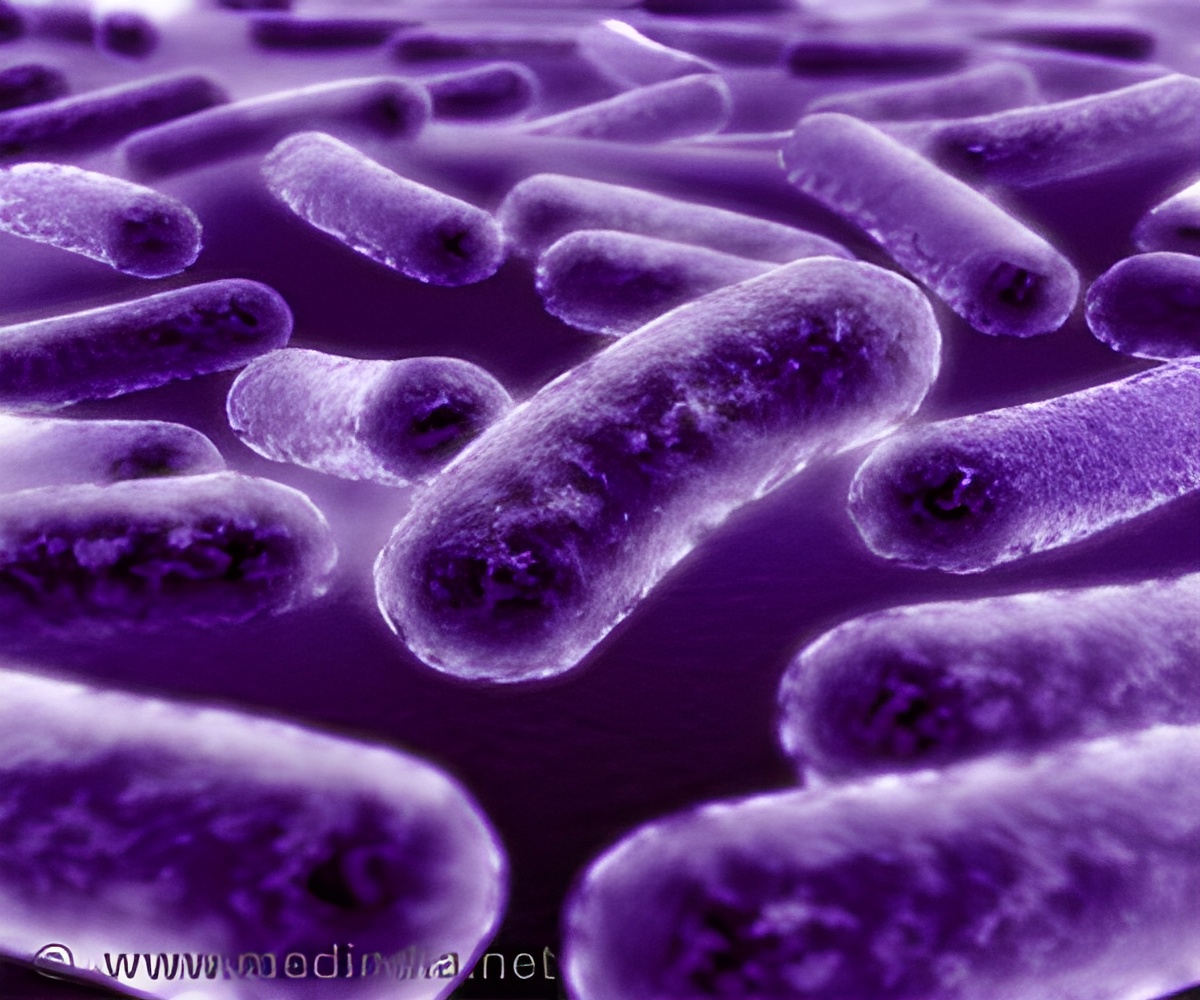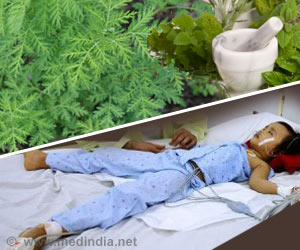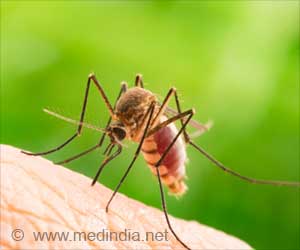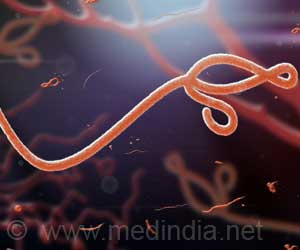In a recent breakthrough research, it was discovered that specific bacterial components in microbiota (human gut) can generate a natural defense to protect from malaria transmission.

Bahtiyar Yilmaz, a PhD student of the Instituto Gulbenkian de Ciencia PhD programme in Miguel Soares' laboratory, found that the Plasmodium parasite, the causative agent of malaria, expresses a sugar molecule called alpha-gal, which is also expressed at the surface of a strain of E. coli that is part of the human gut microbiota. In a series of experiments performed in mice, Bahtiyar Yilmaz went on to find that expression of alpha-gal by these bacteria, when resident in the gut, is sufficient to induce the production of natural antibodies that can recognize the same sugar molecule when expressed at the surface of Plasmodium parasites. He then found that these antibodies attach to the alpha-gal sugar at the surface of Plasmodium parasites, immediately after the inoculation in the skin by a mosquito, the vector of malaria transmission. When this occurs the anti-alpha-gal antibodies activate an additional arm of the human immune system, called the complement cascade, which goes on to punch holes and kills the Plasmodium parasite before it can move out of the skin. The protective effect is such that when present at high levels at the time of the mosquito bite, anti-alpha-gal antibodies manage to arrest the transition of the parasite from the skin into the blood stream and by doing so block malaria transmission.
It was well established before these studies, that only a fraction of all adult individuals that are confronted to the bite of mosquitoes in endemic areas of malaria do become infected by the Plasmodium parasite and eventually go on to contract malaria. This argued that adults might have a natural defense mechanism against malaria transmission, which is in sharp contrast with children under 3-5 years old that are much more susceptible to contract malaria. When analyzing individuals from an endemic area of malaria in Mali, in collaboration with a research team lead by Peter D. Crompton at National Institute of Allergy and Infectious Diseases (Maryland; USA) and at the University of Sciences, Techniques and Technologies of Bamako (Bamako, Mali), the research team lead by Miguel Soares established that those individuals that have the lowest levels of circulating anti-alpha-gal antibodies are also those that are the most susceptible to contract malaria. In contrast those individuals that have the highest levels of circulating anti-alpha-gal antibodies are less susceptible to be infected and to develop malaria. They conclude that the reason why young infants are so susceptible to contract malaria is probably due to the fact that they have not yet generated sufficient levels of circulating natural antibodies directed against the alpha-gal sugar molecule.
With the goal of overcoming this shortcoming, Bahtiyar Yilmaz found that when mice are vaccinated against a synthetic form of alpha-gal that is rather easy and inexpensive to produce, they produced high levels of circulating anti-alpha-gal antibodies that are highly protective against malaria transmission by mosquitoes. Whether the same "trick" can be applied to humans and in particular to young infants to confer protection against malaria transmission is a "burning question" that remains to be answered.
It is estimated that 3.4 billion people are at risk of contracting malaria and WHO data from 2012 reveal that about 460,000 African children died from malaria before reaching their fifth birthday. The present study argues that if one can induce the production of antibodies against alpha-gal in those children one may be able to revert these grim numbers.
Miguel Soares adds: "We observed that children under 3 years old do not have sufficient levels of circulating anti-alpha-gal antibodies, which might be one of the reasons for their exquisite susceptibility to malaria. One of the beauties of the protective mechanism we just discovered is that it can be induced via a standard vaccination protocol, leading to the production of high levels of anti-alpha-gal antibodies that bind and kill the Plasmodium parasite. If we can vaccinate these young children against alpha-gal, many lives might be saved."
Source-Eurekalert
 MEDINDIA
MEDINDIA




 Email
Email









